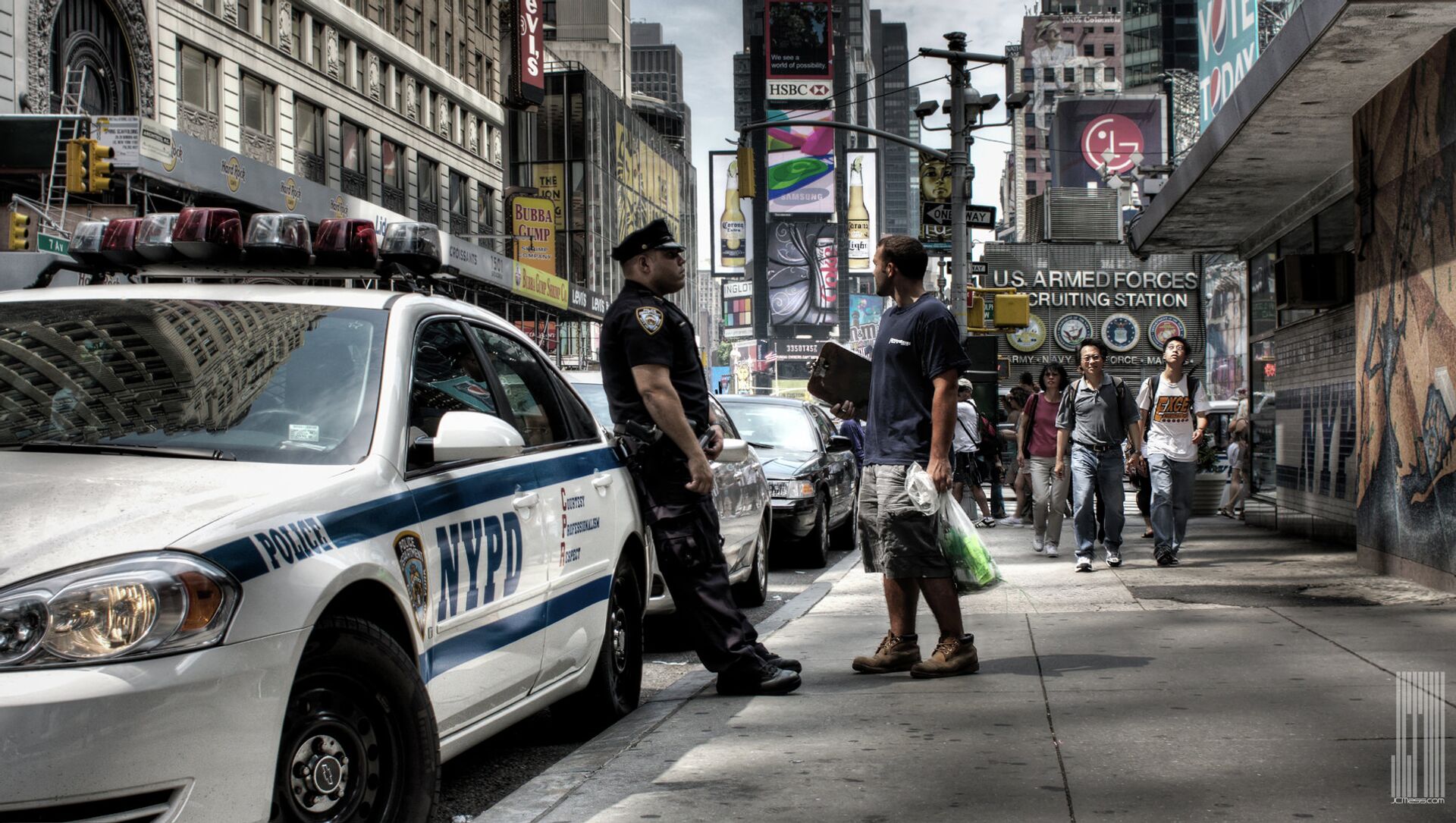Officers with the New York Police Department will no longer be allowed to stop residents who are seen smoking marijuana in public or search vehicles if they detect the smell of weed, a newly released memo has detailed.
The memorandum stipulates that as a result of the Wednesday-passed legislation, residents aged 21 and older are legally allowed to possess up to 3 ounces of the recreational substance in a public place. However, it also highlights that an individual can possess up to 5 ounces of the substance in their residence, or “higher amounts” if it is prescribed by a medical professional.
The four-paged memo also notes that simply smoking marijuana is no longer a “basis for an approach, stop, summons, arrest, or search” since the new legislation dictates that smoking the substance is allowed in public wherever smoking tobacco is allowed.
It’s worth noting that stricter legislation may be imposed to map out specific areas where marijuana users will be able to freely partake. The city currently has a ban on smoking in parks and at beaches.
Although officers are clear to search a vehicle if the driver appears to be impaired, authorities are not allowed to search a car if they simply smell marijuana, burnt or otherwise. Additionally, the act of smoking behind the wheel does not warrant a car search.
Smoking or vaping the substance inside the vehicle while driving is, however, still prohibited.
In order to search the trunk of a vehicle, officers are required to determine a “separate probable cause to believe the trunk contains evidence of a crime (e.g. gun recovered from under driver seat).”
The new guidance also states that officers "may not approach, stop or detain a parolee based on their use or possession of lawful amounts of marijuana," unless the terms of their parole specifically prohibit it.
When it comes to users under the legal listed age of 21, law enforcement authorities do not have actionable jurisdiction on the matter. Officers may only have “the ability to issue a civil summons.”
Individuals can also not be cited for selling marijuana unless they receive actual compensation for the product. “Hand-to-hand exchange of lawful amounts … without compensation to a person 21 or over, is not considered a sale,” the memo reads.
Although nearly half of the proceeds from marijuana sales will be used to help communities that recorded overwhelming marijuana-related offenses, reports indicate that it may take up to two years before the funding initiative takes effect.




